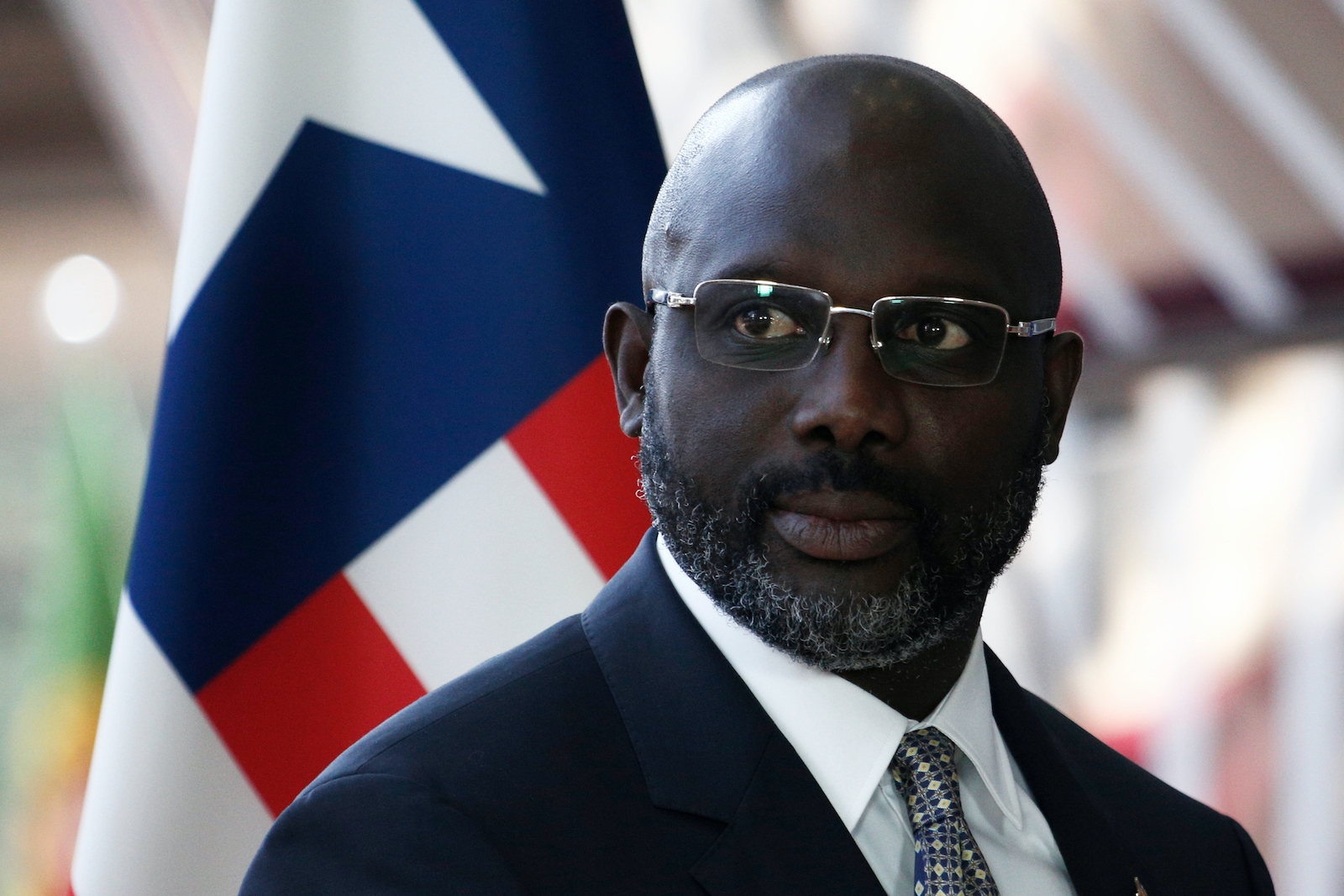
America’s Duty to Democracy in Africa
President Biden has promised the world that “America is Back.” Specifically, that America is back to protect and strengthen the country’s “most cherished democratic values,” both at home and abroad: defending freedom, championing opportunity, upholding universal rights, respecting the rule of law, and treating every person with dignity.
These ideals are coming under increasing threat in Africa – precisely where they are most needed to bring about positive change. The disregard of these democratic values has been central to coups in Chad, Mali, Guinea, and Sudan in recent months. Tanzanian and Ugandan opposition figures are frequently jailed on spurious charges. In Eswatini and Nigeria, harsh measures to silence dissent through social media bans are common.
If America is truly back, the Biden administration should be fast and responsive in confronting those responsible for political persecution in Africa. On the campaign trail, Biden promised to implement a “bold strategy” towards Africa. Now it is time to show what this means.
Sanctions are one of the most powerful tools available for confronting opponents to democracy in Africa. The U.S. has previously deployed this tool against a number of African figures and entities under the Magnitsky Act. The Magnitsky Act, signed into law in 2012, enables the U.S. government to sanction or freeze the assets of any individual identified as engaging in corruption or human rights abuses, and ban them from entering the United States.
Recently, other African power centres have been quicker to use sanctions to punish violators of democratic norms. West Africa’s Ghana-led diplomatic bloc, ECOWAS, imposed sweeping economic and diplomatic sanctions on Mali in response to delays to holding promised elections after its 2020 military coup. The sanctions sent a clear message that such assaults on free and fair elections were unacceptable to the bloc.
The latest incident of political persecution in Africa – and the latest opportunity for the U.S. to prove its commitment to democratic values – is taking place in Liberia.
Considered by some as the 51st state of the union, Liberia has a unique relationship with the U.S. and shares a constitution that places similar weight on the need to protect the pillars of democracy. Yet a pattern has emerged of escalating infringements of democratic values since ex-footballer President George Weah was elected in 2017.
To date, the U.S. has demonstrated some willingness to confront Liberians over assaults on their “most cherished democratic values” with the Magnitsky Act.
In 2020, the Treasury Department designated Liberian senator and prominent Weah-backer Varney Sherman as complicit in corruption under the Magnitsky Act, after he offered bribes to a number of judges associated with his trial for a 2010 bribery scheme. The designation shone a light on the ability of government officials to influence the country’s judicial system.
In 2021, the United States sanctioned another trusted Weah ally, Senator Prince Yormie Johnson, again under the Magnitsky Act. Johnson, a former rebel leader, was responsible for the killing of President Samuel Doe in 1990, and was sanctioned over alleged corruption. The sanctions signaled that the U.S. government was not willing to let corruption go unpunished, despite Johnson’s backing by Weah.
However, more could have been done by the U.S. to indicate their intolerance of any level of corruption or malfeasance in the Weah administration. In 2020, a complaint was filed with the United Nations about alleged illegal mining by close relatives of First Lady Clar Weah, who has been confronted by allegations of the misuse of public funds since Weah took office. In 2020 and 2021, a series of mysterious deaths with links to Weah shook Liberia. The deaths involved a presidential bodyguard reportedly suspected of disloyalty, a journalist investigating corruption in the government, and four auditors probing the misuse of public funds. According to Africa Confidential, “Many Liberians believe that a secret militia exists to intimidate or eliminate Weah’s opponents.” The muted response from Washington on these serious issues only adds more pressure on the Biden administration to effectively demonstrate its resolve in 2022.
Today, Liberian democracy faces yet another test. Opposition frontrunner Alexander B. Cummings was arrested in early January for forgery and criminal conspiracy, on charges first filed by another opposition member. Cummings, a former senior executive at Coca-Cola, had been campaigning on a pledge to reverse the economic fortune of one of the world’s poorest countries and put an end to the country’s endemic levels of corruption. In a country with an increasingly narrow political space for voices critical of the government, Cummings’ agenda likely threatened establishment figures at the heart of Liberian politics. Now, leaked WhatsApp conversations have emerged suggesting that the government is behind the charges filed against Cummings. Though violations of civil liberties and backing of corrupt officials are not uncommon in Liberia, orchestrating the arrest of a leading opposition figure would be a concerning escalation in the undermining of democracy.
Despite Washington’s previous action against Sherman and Johnson, and its recent recommitment to violations of democratic systems, the silence from the U.S. is notable. However, according to the leaked WhatsApp messages that cited U.S. figures on Capitol Hill, Washington is considering imposing sanctions against senior members of the government.
Recent developments in Liberia are reminiscent of those in Zambia in 2017, when then-President Edgar Lungu’s government displayed increased levels of authoritarianism. The arrest of then-opposition leader – and current president – Hakainde Hichilema on trumped-up treason charges sparked outrage across the country. The charges against Hichilema were dropped after a reported deal was negotiated by the Commonwealth, demonstrating the utility of international action against the persecution of opposition leaders. If the U.S. and the wider international community fails to act on the charges against opposition figures, Liberia could see the Weah government reach levels of repression seen in Zambia under Lungu.
The U.S. not only has the ability to respond to violations of democracy across the continent, but a duty to do so. Biden must respond to assaults on democracy with firm and clear messaging, and use tools such as sanctions where necessary. In this way, U.S. action can not only protect the civil liberties and rights of Africans, but also demonstrate Washington’s recommitment to its founding ideals.

